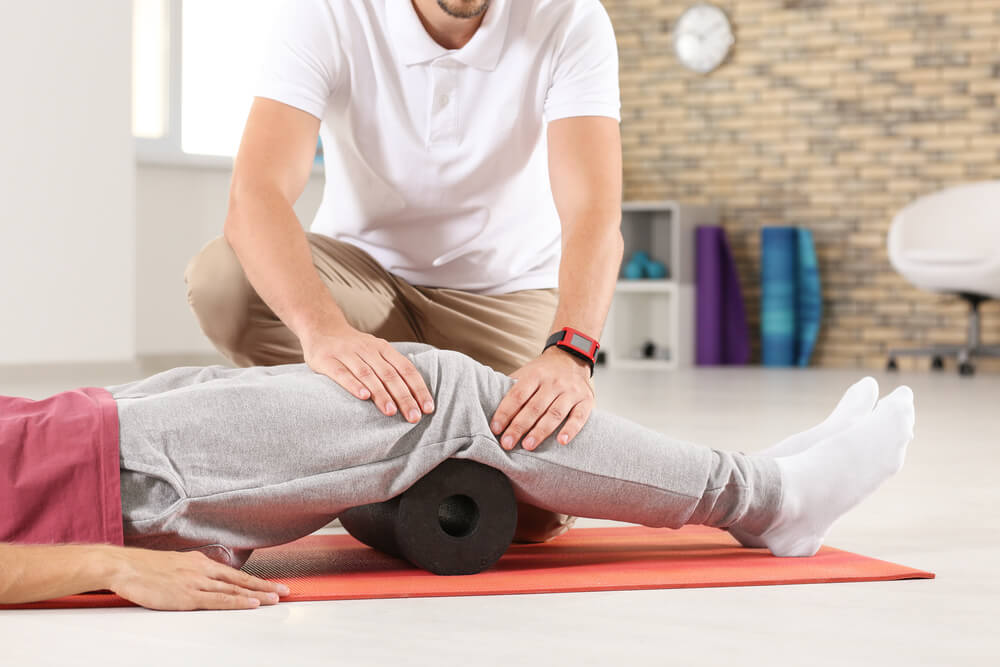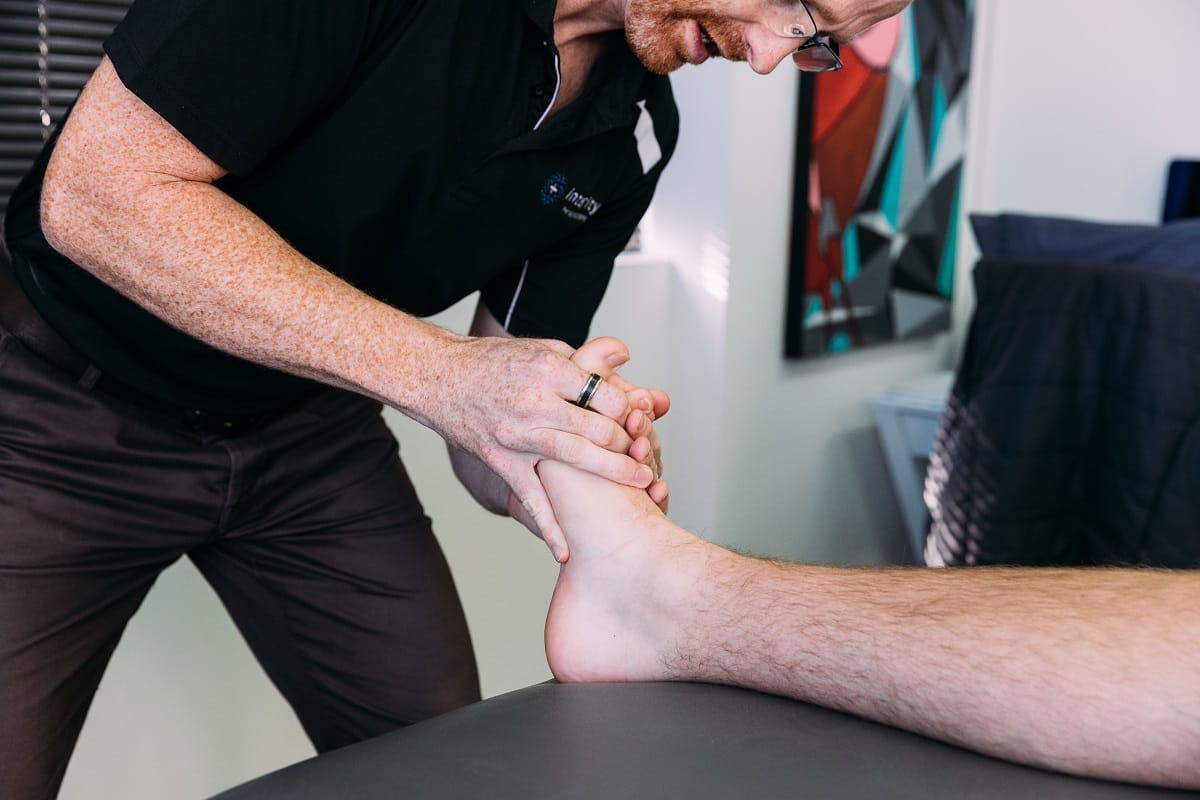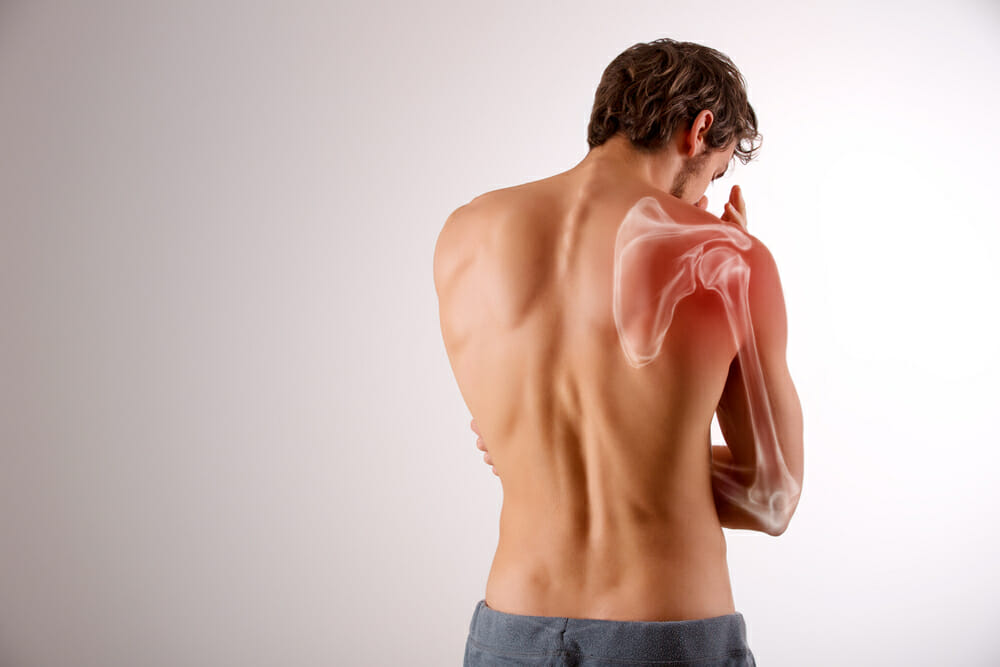
Almost anyone can suffer from some form of arthritis in their lifetime. Arthritis can occur in many different joints and may be present for a short period of time, or become a chronic condition. Arthritis is a word used to describe a number of conditions that affect the joints. Some of these include osteoarthritis, rheumatoid arthritis and gout. Arthritis can cause pain, inflammation, stiffness and cartilage damage. Arthritis can cause symptoms such as:
- Pain
- Stiffness
- Lower back pain
- Inflammation
- Limited range of motion
- Muscle aches
- Poor sleep
- Difficulty moving the joints
- Reduced flexibility
Arthritis can cause many problems with daily life. Some people with arthritis can have difficulties remaining physically active, increasing the risk of other chronic diseases such as obesity, heart disease and diabetes. It may also result in isolation and depression.
What Causes Arthritis
Arthritis can be caused by several factors. If you have arthritis in your family, you are more likely to develop it. However, arthritis can develop at any age without any obvious cause. Arthritis can be caused by a reduction in the normal amount of cartilage in the joints. The cartilage protects the joints by absorbing the pressure created when moving them. Interestingly, arthritic change in the joints is not always related to the amount of pain you experience as pain expression varies from person to person and also depends on your level of strength and condition at the affected joint.
Wear and tear can cause one of the most common forms of arthritis, osteoarthritis. Another common form of arthritis is rheumatoid arthritis. This is an autoimmune disorder where the body’s immune system attacks its own tissues. The cause of rheumatoid arthritis is not known, however, there have been genetic markers discovered which increase the risk of developing the disease.
Physiotherapy For Arthritis
Physiotherapy can help to manage the symptoms of arthritis by helping to regain movement in your joints, strengthen muscles, relieve pain and reduce inflammation. Taking care of your joints while managing the symptoms is a very important aspect of arthritis physio treatment. Your qualified physio can recommend a number of different treatments to suit you, helping to ease symptoms and the impact arthritis can have on daily life.
Physio for arthritis is a very effective way to manage symptoms. Arthritis physio treatment can help with injury recovery and exercises to improve range of motion, balance and increase strength. Your physio may recommend exercises involving stretching, swimming and home exercises to improve joint mobility.
Your physiotherapist will develop an exercise plan specific to your needs. Your plan may also include general daily activities that you enjoy such as walking. Some of the following treatments have been shown to be effective in helping patients with arthritis:
- Heat and cold therapy
- Pain management
- Therapeutic exercises
- Education
- Acupuncture
- Fatigue management
- Splinting joints
- Hydrotherapy
- Manual techniques
Lifestyle Changes
To reduce the risk of developing arthritis, or ease symptoms for those already suffering, there are a few lifestyle changes that can help. These include:
- Weight loss
- A diet high in vegetables and fruits
- Reducing fried and processed foods
- Keeping active
Physiotherapy for arthritis is an effective way to help you manage your symptoms and return to an active life. Physio for arthritis can help to manage pain, increase mobility and flexibility, and help you to remain active and independent.




